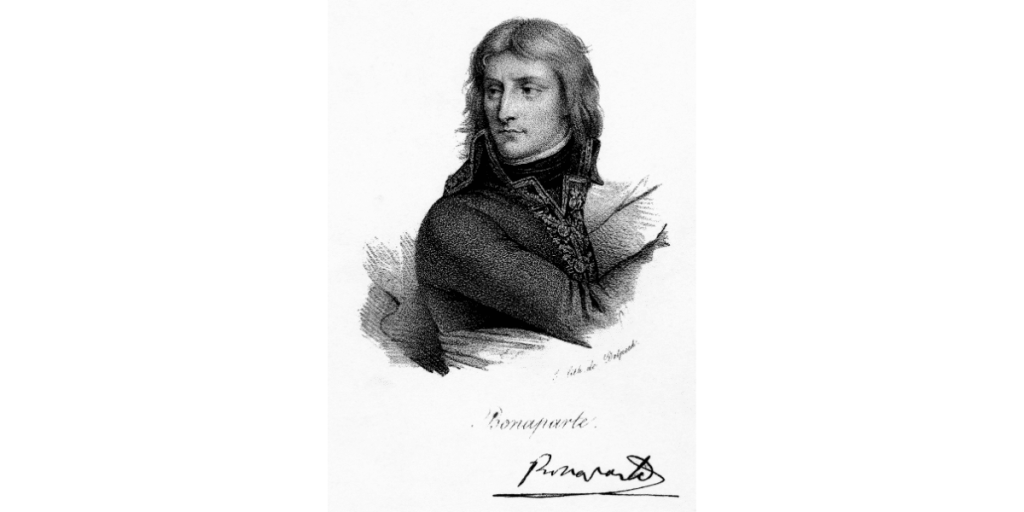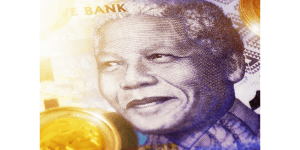Napoleon Bonaparte remains one of the most iconic figures in world history. Born in Corsica in 1769, he rose through the ranks of the French military during the tumultuous years of the French Revolution. Ultimately, he seized power and established himself as Emperor of the French. Under his rule, France embarked on a series of military campaigns known as the Napoleonic Wars, which lasted from 1803 until his defeat at the Battle of Waterloo in 1815. Despite his eventual downfall, Napoleon’s military and political achievements cannot be understated. In this blog post, we will explore the top leadership skills that set Napoleon apart and contributed to his extraordinary success.

Strategic Vision
Napoleon’s strategic vision was a key factor in his success. He possessed an innate ability to assess the current situation and anticipate future developments. Napoleon was always several steps ahead of his opponents, and he capitalized on their weaknesses to achieve victory. He was also known for his innovative military strategies, which included the use of the “divide and conquer” approach, as well as the rapid movement of troops to surprise the enemy. This ability to think ahead and adapt to changing circumstances enabled him to expand his empire across much of Europe.
Decisiveness
Decisiveness is a crucial leadership trait, and Napoleon had it in spades. He was able to make quick, informed decisions that often changed the course of battle. His ability to seize opportunities and act promptly enabled his armies to achieve victories that seemed impossible. This decisiveness, combined with his strategic vision, made Napoleon a formidable leader on the battlefield.
Emotional Intelligence
While Napoleon is best known for his military prowess, his emotional intelligence was equally important to his success. He understood the importance of motivating and inspiring his troops, and he used various techniques to maintain their loyalty and morale. Napoleon would often walk among his soldiers, addressing them personally and sharing stories of their triumphs. This approach created a strong bond between the leader and his men, fostering a sense of unity and dedication to the cause.
Adaptability
Napoleon’s adaptability was another key aspect of his leadership. He was able to recognize when a particular strategy was not working and quickly change course. This flexibility allowed him to respond to new challenges and capitalize on opportunities as they arose. Moreover, Napoleon was an avid learner who sought to expand his knowledge constantly. This commitment to self-improvement enabled him to stay ahead of his adversaries and adapt to the rapidly evolving political and military landscape of his time.
Charisma
Napoleon’s charisma was a significant factor in his ability to inspire and lead his troops. He had a magnetic personality that drew people to him, and he used this to his advantage in both military and political contexts. Napoleon’s speeches and addresses were known for their emotional intensity and rhetorical skill, which galvanized his listeners and inspired them to follow his lead. His charisma also allowed him to win over potential allies and secure the loyalty of key figures within his empire.
Discipline
Discipline was a core value for Napoleon, both personally and for his troops. He believed that a well-disciplined army was crucial for achieving victory on the battlefield. To instill discipline in his soldiers, Napoleon implemented strict training regimens and harsh penalties for insubordination. This focus on discipline extended to his own life as well. Napoleon maintained a rigorous work schedule and demanded the same level of dedication from his staff and advisors.
Organizational Skills
Napoleon’s organizational skills were instrumental in his ability to manage vast armies and complex campaigns. He had a keen eye for detail and was able to coordinate the movements of thousands of troops and supplies across vast
distances. Napoleon also developed an efficient system for gathering and analyzing intelligence, which allowed him to stay informed about enemy movements and plan his strategies accordingly.
Delegation
Despite his reputation as a micromanager, Napoleon understood the importance of delegation. He recognized that he could not oversee every aspect of his empire, and he relied on competent advisors and subordinates to manage various responsibilities. Napoleon carefully selected his generals and officials, placing a premium on loyalty and competence. By empowering these individuals to make decisions and take action, Napoleon was able to focus his attention on the most critical aspects of his leadership.
Persistence and Resilience
Napoleon’s persistence and resilience in the face of adversity were essential to his success. Throughout his life, he faced numerous setbacks and challenges, from political rivals to crushing military defeats. However, Napoleon never allowed these obstacles to deter him from his goals. He consistently demonstrated an unwavering determination to overcome adversity and rebound from setbacks, which allowed him to maintain his influence and power even in the most difficult circumstances.
Innovation
Napoleon’s innovative mindset played a crucial role in his leadership. He was not content to rely on traditional methods and tactics; instead, he sought out new ideas and approaches to address the challenges he faced. This drive for innovation is evident in his military strategies, as well as in the political and social reforms he implemented during his reign. Some examples of Napoleon’s innovations include the Napoleonic Code, which streamlined and modernized French law, and the establishment of the metric system, which facilitated trade and communication throughout the empire.
Conclusion
Napoleon Bonaparte’s leadership skills were instrumental in his rise to power and the expansion of the French Empire. His strategic vision, decisiveness, emotional intelligence, adaptability, charisma, discipline, organizational skills, delegation, persistence, and innovation all contributed to his success as a leader. While his ultimate defeat at Waterloo marked the end of his reign, Napoleon’s impact on history is undeniable. His leadership skills continue to inspire and provide valuable lessons for leaders in various fields today. By examining and understanding these traits, we can gain valuable insights into what it takes to be a truly exceptional leader.










